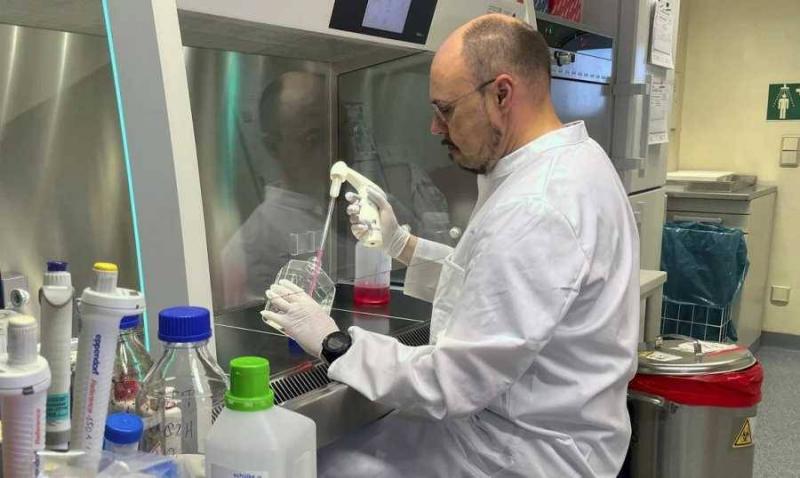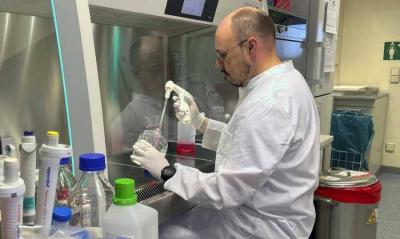The World Health Organization has warned about the potential spread of monkeypox and other infectious diseases through animals that have mixed with viruses in human medical waste and sewage. Bernard Vallat, head of the World Organization for Animal Health, stated that "there are indications of the virus spreading outside Africa due to the transfer of infectious diseases through medical waste." Virologists have also expressed doubts about the timing of monkeypox's emergence in Europe, which is not related to travel to Africa where the disease is endemic. Besides scientists' concerns about animals transmitting infectious diseases, health experts have revealed the potential for viruses to be transmitted through sewage, leading to unpredictable infectious diseases.
It is noted that according to the World Health Organization, monkeypox is a rare viral disease of animal origin (the virus is transmitted from animals to humans), and the symptoms experienced by infected individuals are similar to those experienced by smallpox patients but are milder. Infected individuals initially complain of flu-like symptoms such as fever, muscle aches, and swollen lymph nodes before developing a rash resembling chickenpox on the face and body. While there is no known treatment for the virus, it usually resolves within two to four weeks. As the World Health Organization continues to seek to identify the exact origin of the recent monkeypox outbreak, there is no indication that the responsible virus has mutated or become more dangerous.




